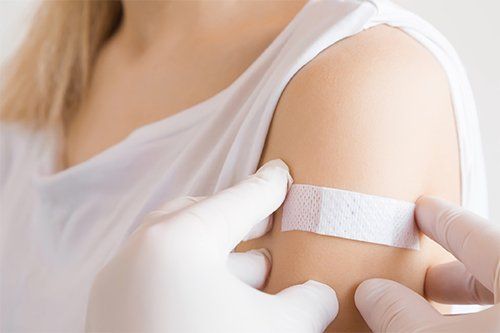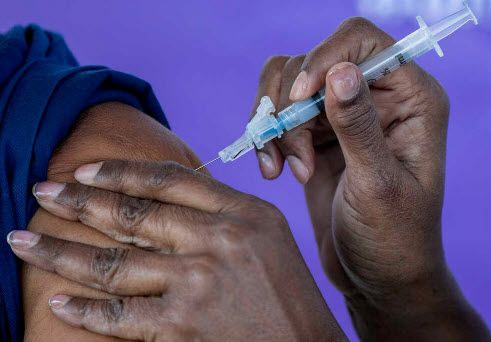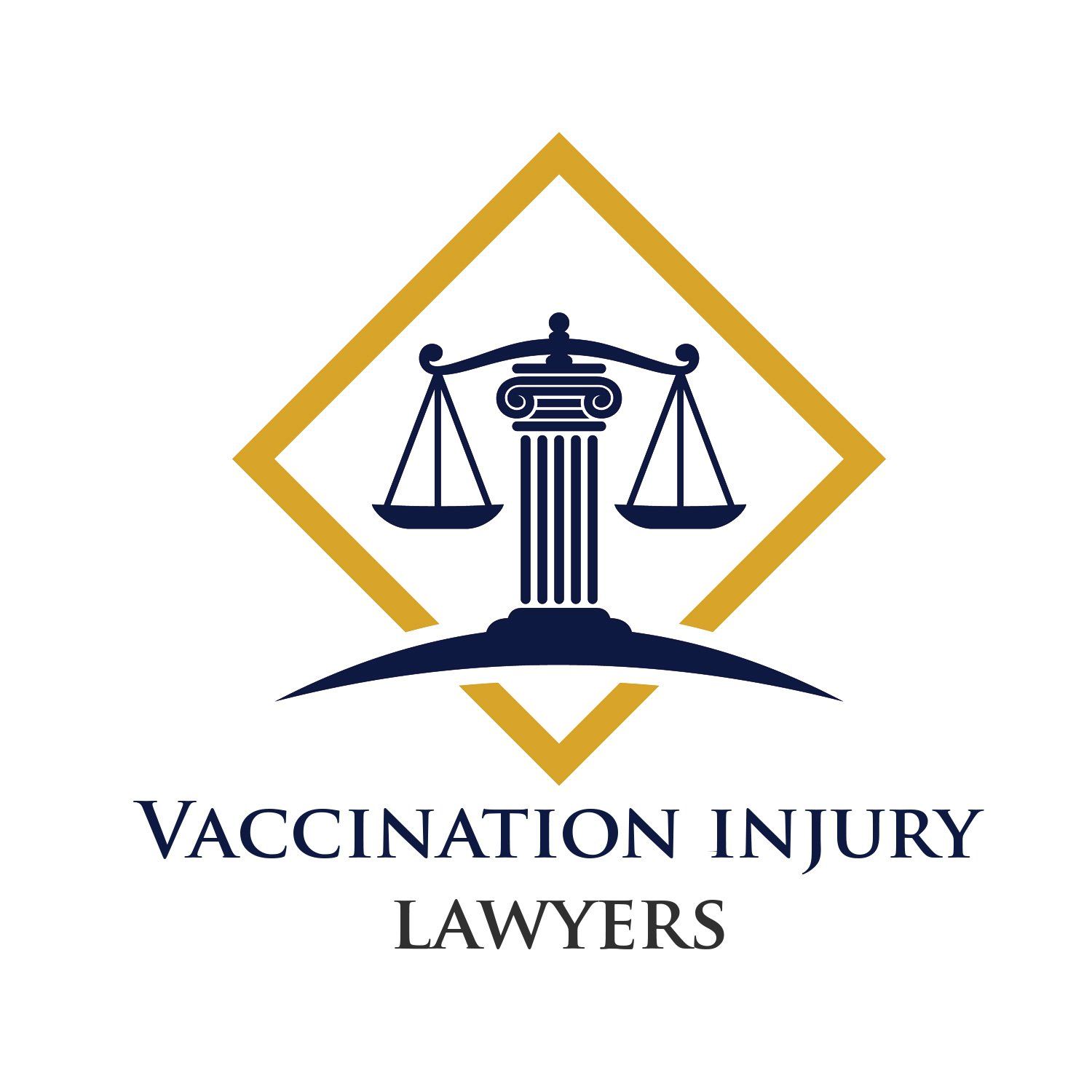Latest Vaccination Trends to Watch for in Coming Years
February 28, 2019

Every year, a whole new range of vaccination trends rock the medical world and create new potential legal issues. Anyone who plans on getting vaccinations for themselves or their children soon should understand these trends. Knowledge is power, and knowing about these changes can help an individual plan for issues that could occur.
Non-Medical Exemptions Increase Outbreak Risk
One negative trend that could cause many legal problems in upcoming years is an increase in non-medical exemptions. A growing number of states, cities, and schools are allowing more non-medical exemptions for vaccination, including conflicts with religious, moral, or personal beliefs. Currently, just 18 states allow these exemptions, but this rate may grow in the future.
Whatever the reasons parents have for avoiding vaccinations, statistics show that their children suffer. For example, a study from the University of Michigan shows the way that decreasing vaccination rates caused by non-medical exemptions led to the recent resurgence in whooping cough: not the vaccine itself, as those against vaccines tried to claim.
Needle-Free Vaccines Could Minimize Vaccination Fear
One development that could lead to more positive vaccination results is the increasing interest in needlefree vaccinations. Children - and even adults - often react poorly to needles and may panic during an injection. Experts believe that needle-free vaccination could streamline this approach and also help to minimize this kind of fear in many patients.
For example, administration systems such as patches, edibles, and sprays could create a less intimidating feel to the vaccination process. And while research on microscopic nanoparticles for vaccines is in its infancy, the possible benefits of this treatment method are huge. This method could deliver vaccines directly to the immune system and increase its efficacy.
Better Adjuvants Improve Treatment Efficacy
Many types of vaccines use what are known as adjuvants to boost vaccination efficacy. These compounds include a multitude of different elements and chemicals that help vaccines better target immune systems and increase their ability to deliver these medicines directly to the body. Many adjuvants reduce the number of doses necessary for each vaccination process.
Currently, research by a multitude of organizations hopes to identify better adjuvants for many types of vaccines. For example, the National Institutes of Health provided the Boston Children's Hospital with money to improve its flu adjuvant research program.
While the primary drive of this particular program is to develop better flu vaccines, research by other groups focuses on different types of diseases. The increasing importance of these adjuvants makes this trend one that is very important to track.
Modular Vaccination Could Transform Treatment Options
Vaccination delivery methods vary depending on a multitude of different concepts. For example, modular vaccination is one innovative method that could improve the efficacy of most vaccines. This delivery method provides a variety of antigens in a piece-meal fashion to create a more specific treatment concept that covers a broader array of possible diseases.
While modular vaccination isn't technically new, innovations in delivery methods could make it more popular. For example, the Multiple Antigen Presenting System, or MAPS, fuses a variety of different antigens using proteins and sugar. This combination of antigens creates a very potent - and individual - vaccine that may be used to treat a much broader array of diseases.
Follow These Important Trends
These vaccination trends could affect the medical world in a variety of unpredictable ways. And while some of these possible futures are negative, a growing number provide hope for those who need high-quality vaccines.
Please don't hesitate to contact us at Vaccine Injury Lawyers
to learn more about vaccine laws and how these trends could affect your health.

Explore Texas DWI laws, including legal BAC limits, penalties for first-time and repeat offenses, and the consequences of refusing a breath or blood test. Learn about enhanced penalties for high BAC levels, the importance of ignition interlock devices, and rules for driving with a child passenger. This guide highlights the critical details you need to stay informed about Texas DWI regulations and potential legal repercussions.
You may have heard that Autism Spectrum Disorder can result from vaccinations. Read this blog to learn where this myth came from and why it's incorrect.
If you're expecting a child or planning a pregnancy, you may be wondering if and why the COVID-19 vaccine may be recommended. Read to learn all about it.
Even though vaccines are effective, some are reluctant to get vaccinated. Learn the facts about vaccination and how it protects communities.

Shoulder injuries following all types of vaccinations are becoming more common as vaccination numbers remain high. Inflammation of the injected shoulder can cause severe pain, limited motion, and other symptoms that last months or years. Sometimes, surgery is even required. Compensation for these specific injuries is available. For a more in-depth analysis of what a SIRVA is and how it occurs, check out the following article. Click Here .
With technology taking center stage in the medical industry, vaccines help to protect billions. Learn about the common vaccine types in existence today.
Estate planning with Alzheimer's or dementia can be challenging, especially as the condition progresses. See some tips to help if you are in this situation.
Every year, a percentage of individuals develop Guillain-Barré Syndrome (GBS) after getting the flu vaccine. Learn about this illness and its vaccine link.
Some parents question if the shot is worth it and safe. Read on to learn about chickenpox vaccine safety and what to do in case of side effects.

